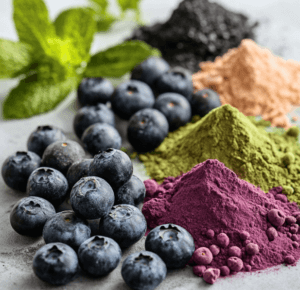In the quest for beauty and youthful skin, some brave souls venture to wash their faces with cold water, even on the chilliest of days, believing it tightens their skin and leaves it dewy fresh. But is there truth to this chilly beauty ritual?
First, let’s dissect what grime our faces actually encounter. Dirt can broadly be categorized into three types: environmental (think dust and pollution), physiological (oil, sweat, and dead skin cells), and cosmetic residues. Depending on their nature, these can either be water-soluble, like dust and sweat, which are easily rinsed off with water, or oil-soluble, which includes sebum and makeup, necessitating the use of cleansers and makeup removers. Then there’s the buildup of dead skin cells, which requires regular exfoliation to remove.
The common misconception is that washing with cold water alone can effectively cleanse the skin of all its impurities. However, cold water can only remove the superficial, water-soluble dirt, leaving behind oil-based residues and dead skin cells. So, what’s the ideal water temperature for washing your face? The answer lies in using “normal temperature” water, which varies from person to person. This temperature is typically what’s comfortable and habitual for you—neither artificially heated nor chilled. Overly hot water can strip your skin of its natural oils, which isn’t beneficial. If the goal is to open pores for better absorption of skincare products or for a warm compress, it’s best to do so after washing your face, using a warm towel for enhanced effects.

Now, onto the claims that cold water washes can prevent aging, reduce wrinkles, and rejuvenate the skin. These effects are at best, temporary. The immediate tightening and pore reduction seen after a cold wash is short-lived, with the skin returning to its usual state once it warms back up. Essentially, going out of your way to use cold water for its supposed anti-aging effects is unnecessary.
Even when it comes to pre-extraction facial routines, using warm water to open up pores and ease the removal of blackheads is beneficial. However, it’s crucial to not get carried away with extractions. Overdoing it can harm the protective layer of the skin, making it sensitive and potentially leading to enlarged pores—a counterproductive outcome.
A final piece of advice is on the hygiene of face towels. Given their damp state and frequent use, they can become breeding grounds for bacteria. Regular washing and timely replacement of these towels can prevent them from having adverse effects on your skin.
Incorporating anti-aging practices into your skincare routine doesn’t have to be complex or based on myths. Focusing on proper cleansing, using products suited to your skin type, and maintaining good hygiene are foundational steps. Protecting your skin from the sun, staying hydrated, and following a balanced diet are also critical for preserving skin elasticity and vitality. Remember, the key to anti-aging lies in consistent care and protecting your skin from environmental stressors, not just the temperature of the water you use to wash your face.




